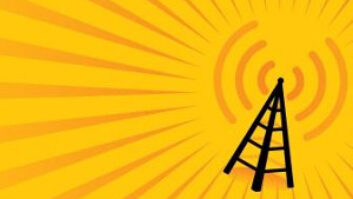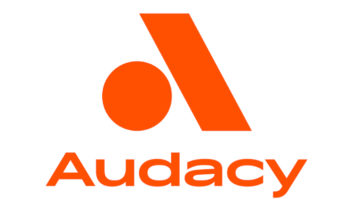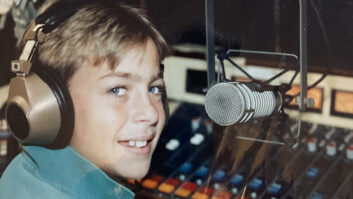Seminars are a way of life for some of us. Workshops at NAB. Sessions at the national SBE meeting. Ennes events. Regional broadcast and non-industry conferences about towers, electrical contracting or IT.
Sometimes, during coffee breaks or when a speaker is putting us to sleep, we get down to the really interesting content: gossip, catching up with folks we haven’t seen in a year or more.
Much of the recent gossip has a common theme. Employees are asked to do more with less money, time and training. This situation can lead to catastrophe.
This is true across industries, of course. But while disaster in the laundry business can leave you swimming in soapsuds, disaster in an industry built around electricity can leave you dead.
In anecdotes of radio disaster, common themes include overreaching and corner-cutting. How often have you come across situations in which temporary, patently unsafe “repairs” have become permanent?
In performing due diligence, one Radio World contributor has seen bleeder resistors on high-voltage supplies that have been blown and never replaced; open spliced coax with substantial RF running through it, located within reach on the ceiling (and the new coax is in the 2006 capital budget); and “temporary” replacement input power conductors – four runs of #1 copper THHN – running across the floor into the open back of a 20 kW FM transmitter with cheated interlocks.
The same writer reports encountering a double-feed rack AC supply. Evidently the rack circuit breaker was tripping from overcurrent. The fix had been to run a second, equal-current supply from a second breaker on the same phase. Our correspondent turned off the first breaker; while unwiring the plugmold strip, he realized it was also fed from the other end.
“You’ll know what station I’m talking about,” he adds, “when you see the impact of my muscular form traced out in a depression in the equipment room wall.”
It’s apparent that some radio people have been coaxed into doing things for which they lack full understanding or were pressured into accepting unsafe conditions – to keep their jobs, or because they felt it was necessary to cut some important corner to stay on the air.
Radio engineers do not like to think they can’t solve a particular problem. They take pride in their ability to find a fix. But pride is one thing; recklessness is another.
Do not let yourself be pressured into dangerous work you do not feel qualified to do at this point in your training or that you have been given insufficient time or resources to accomplish. The quest for a better bottom line should not mean the final line for you.
Electrical conduit and hardline coax are often referred to as “pipe.” So to paraphrase John Donne: “Never send to know for whom the pipes toll, they toll for thee.”
– RW












